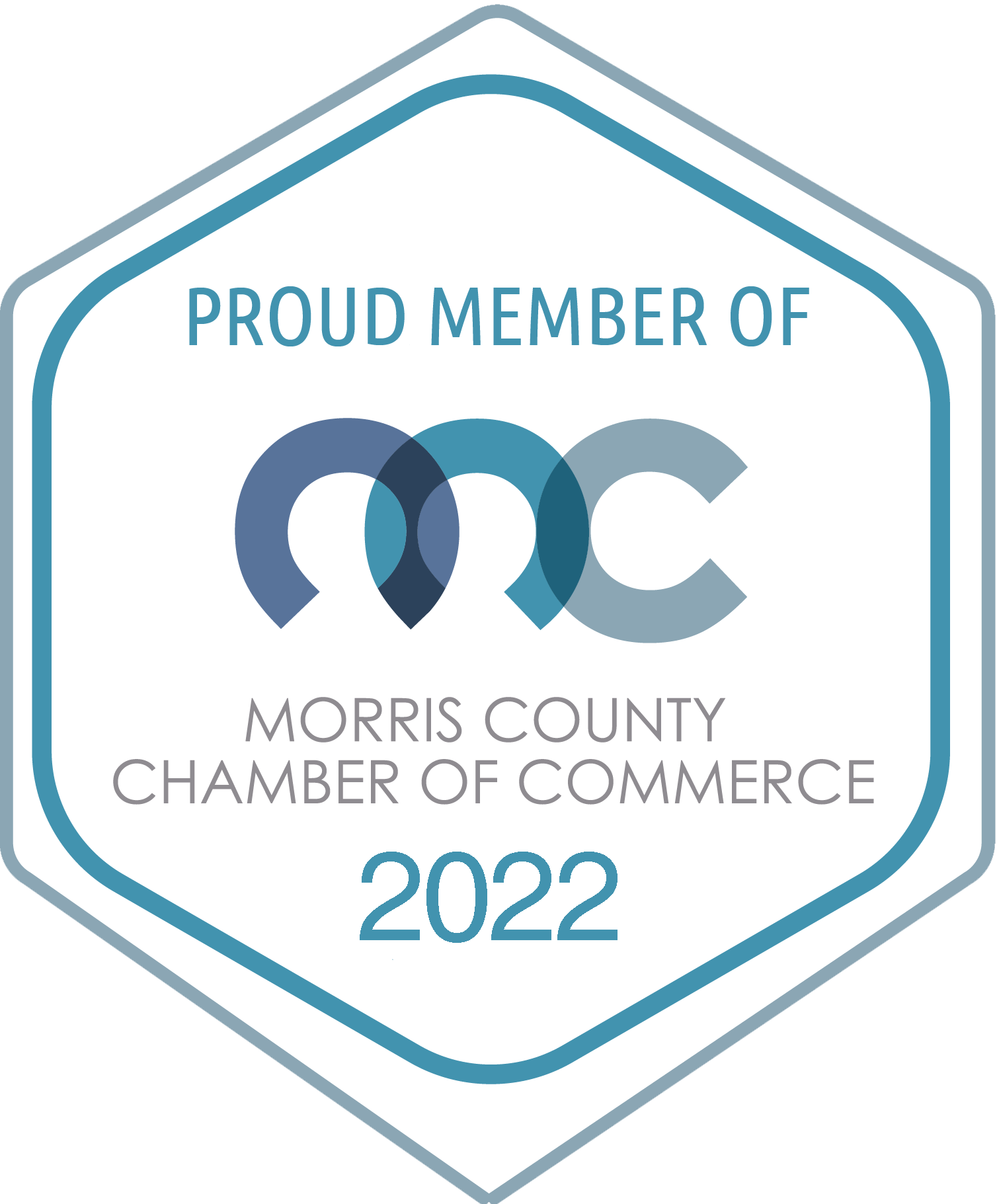The Effects of Climate Change on Mold Growth in Homes in Summit, NJ

Mold remediation in Summit, NJ is more important than ever. Most people recognize that mold in the home or office is a problem that requires a solution—not something people can learn to live with. Mold is rather common in residential homes for many reasons, but climate change is a new issue creating more mold problems for people. How is global climate change affecting the spread of mold in homes?
The increasing threats posed by climate change, including hurricanes, floods, and superstorms, have led to a surge in mold growth within residential areas, raising significant health concerns. Evidence suggests that the two issues are inextricably linked. Considering the health risks associated with mold exposure, you should reach out for the best mold remediation Summit NJ offers if you suspect a problem.
What Does Science Say?
A recent study, presented at the American College of Allergy, Asthma, and Immunology's annual meeting, revealed a near doubling in diagnoses related to mold exposure post-storm-related disasters. Dr. Amber Hardeman, a chief pediatrics resident at Tulane University School of Medicine, emphasized the critical discussions allergists have with patients who test positive for mold allergies, focusing on avoidance strategies. The research undertaken by Dr. Hardeman and her team involved a comprehensive review of recent literature on flooding and mold exposure post-natural disasters, aiming to evaluate the efficacy of common mold remediation recommendations by healthcare professionals.
The CDC has long acknowledged the heightened risk mold poses to individuals with respiratory conditions, weakened immune systems, and allergies. According to these agencies, mold can significantly impact individuals with asthma; for instance, mold counts exceeding 1,000 spores per cubic meter significantly increase mortality risks among asthma patients. The CDC underscores that a mold count above 500 per cubic meter is deemed high and potentially hazardous.
Flooding in New Jersey: A Growing Concern
Summit, New Jersey has become increasingly vulnerable to flooding in recent years, a concern exacerbated by climate change. As a state with an extensive coastline along the Atlantic Ocean, New Jersey faces the compounded threats of sea-level rise and storm surges, primarily contributing to coastal flooding. The state's geography and dense population and infrastructure make it particularly susceptible to the devastating impacts of floods.
New Jersey's flood risk is not limited to its coastlines; river and surface flooding are also significant concerns. The state experiences river flooding when prolonged rainfall or snowmelt causes rivers to overflow their banks. Surface flooding, on the other hand, occurs when heavy rains exceed the drainage capacity of urban areas, leading to water accumulation and damage in streets, homes, and businesses.
The aftermath of Superstorm Sandy in 2012 remains a stark reminder of New Jersey's vulnerabilities regarding flooding. Sandy's storm surge and heavy rains led to unprecedented flooding across the state, causing billions of dollars in damage and displacing thousands of residents. The storm highlighted the need for enhanced flood mitigation and preparedness measures across the state.
Why Should You Care?
Those living in North New Jersey are no strangers to extreme weather over the last several years: it seems like flooding is a common, yearly occurrence now. This excessive amount of water brings many issues, including mold growth in and around the home. If you've experienced flooding or water damage because of a bad storm, you could most likely have a problem with mold. Mold often begins its life growing behind walls, under floors, and in walls: just because you dried an area on the surface doesn't mean excess moisture in the back isn't turning into mold.
Mold Illness & CIRS: A Major Problem
Although many studies are still being conducted on the health risks associated with mold exposure, one thing is clear: for many, mold exposure makes them sick. The biggest problem in identifying mold illness or CIRS is that the symptoms mimic those of other issues like the flu, allergies, or asthma. Mold testing done at home officially confirms the presence of mold, which can be used as an indicator to diagnose your symptoms. It is only when you are properly diagnosed that you can adequately deal with health problems.
We are Here to Help: Mold Testing Experts in Summit, NJ
The escalating challenges of climate change-induced mold growth necessitate a balanced approach that prioritizes health and safety. By focusing on effective remediation techniques and advancing indoor air quality, healthcare professionals can play a pivotal role in mitigating the adverse health impacts of mold exposure, especially in the aftermath of natural disasters.

Contact Us
Have a question about VOC Testing? We are here to help. Send us a message and we’ll be in touch.
Contact Us
We will get back to you as soon as possible
Please try again later

When the unexpected happens,
you should only trust the best. ®
Address:
4 Cove RoadMount Arlington, NJ 07856
Phone:
Email:
Services:
Service Areas:
Mastertech Environmental - Mold Inspection Morristown, Mold Remediation Morris County NJ | Bridgewater | Florham Park | Sitemap


